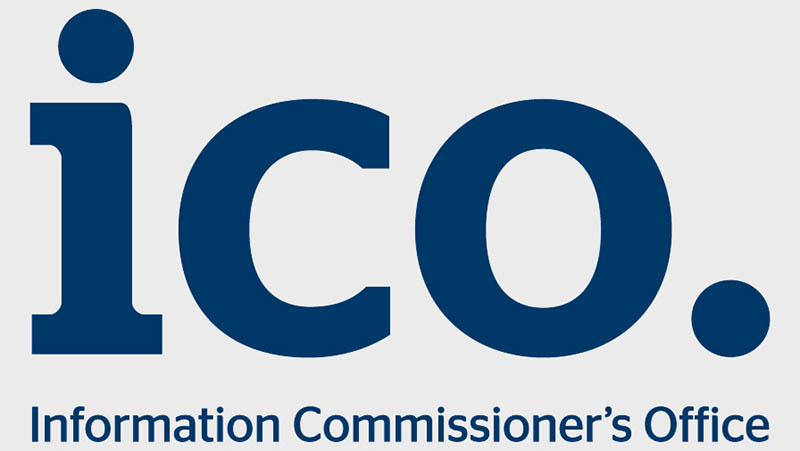Cookie law will be ‘phased-in’ over 12 months
Despite becoming EU law at midnight, the UK Government has said the new directive for internet cookies will not come into force ‘overnight.’


The UK Government has decided new cookie laws from the European Union (EU) will be phased in rather than implemented on deadline, giving businesses one year to comply.
The EU's Privacy and Electronic Communications Directive will come into force at midnight tonight and states internet users must give their consent before cookies store their web surfing activity.
However, communications minister Ed Vaizey said the UK will take its time implementing technologies to deal with the change, rather than prosecuting companies immediately for not abiding by the rules.
"This Europe-wide legislation will ultimately help improve the control that individuals have over their personal data and help ensure they can use the internet with confidence," he said.
"But it will take time for workable technical solutions to be developed, evaluated and rolled out, so we have decided that a phased in' approach is right."
The main issue the Government has is with default browser settings, which it claims "do not meet the requirements of the directive as they stand." To this end, it has formed a group to work with browser manufacturers to find a "workable solution."
However, it has stated there will not be any enforcement from Government on technical answers as "the industry is much better placed to develop these."
Get the ITPro daily newsletter
Sign up today and you will receive a free copy of our Future Focus 2025 report - the leading guidance on AI, cybersecurity and other IT challenges as per 700+ senior executives
Once the UK begins abiding by the legislation, it will be the Information Commissioner's Office (ICO) taking control of enforcing penalties.
Although the Information Commissioner, Christopher Graham, said he would be giving everyone 12 months to "get their house in order," he also said this didn't mean the ICO would "let everyone off the hook."
"Those who choose to do nothing will have their lack of action taken into account when we begin formal enforcement of the rules," he added.
Some privacy groups have been positive about the new directive, but others don't think it has gone far enough.
Jim Killock, director of the Open Rights Group, said: "Today's advice from DCMS shows that the UK has no intention of implementing any form of meaningful consent for tracking from advertising companies."
Quoting Vaizey, he said the Government was siding with advertisers in saying it wasn't always "practical to obtain consent before processing."
"That is, basically, forget it. Consent is impractical, so is implied by your browser settings when you permit cookies, so you've agreed to be profiled."
Check back with IT PRO later this week for an in-depth feature on how the new directive could affect your business.
Jennifer Scott is a former freelance journalist and currently political reporter for Sky News. She has a varied writing history, having started her career at Dennis Publishing, working in various roles across its business technology titles, including ITPro. Jennifer has specialised in a number of areas over the years and has produced a wealth of content for ITPro, focusing largely on data storage, networking, cloud computing, and telecommunications.
Most recently Jennifer has turned her skills to the political sphere and broadcast journalism, where she has worked for the BBC as a political reporter, before moving to Sky News.
-
 Should AI PCs be part of your next hardware refresh?
Should AI PCs be part of your next hardware refresh?AI PCs are fast becoming a business staple and a surefire way to future-proof your business
By Bobby Hellard
-
 Westcon-Comstor and Vectra AI launch brace of new channel initiatives
Westcon-Comstor and Vectra AI launch brace of new channel initiativesNews Westcon-Comstor and Vectra AI have announced the launch of two new channel growth initiatives focused on the managed security service provider (MSSP) space and AWS Marketplace.
By Daniel Todd
-
 Elizabeth Denham appointed ICO boss
Elizabeth Denham appointed ICO bossNews Denham will be tasked with helping the UK leave the EU without any knock-on effects on privacy
By Clare Hopping
-
 Information Commissioner signs off with overview of year
Information Commissioner signs off with overview of yearNews Christopher Graham has issued a report outlining past achievements and recommendations for the future
By Clare Hopping
-
 ICO blasts sluggish speed of EU data law reforms
ICO blasts sluggish speed of EU data law reformsNews Information Commissioner calls for sensible laws when it comes to personal data
By Joe Curtis
-
 Digital marketing firm hit with £50k nuisance calls fine from ICO
Digital marketing firm hit with £50k nuisance calls fine from ICONews Reactiv Media apologises for making marketing calls to TPS members, and claims they were made in error
By Caroline Donnelly
-
 UK TPS users still receive nuisance calls, research shows
UK TPS users still receive nuisance calls, research showsNews Ofcom nuisance calls research shows TPS sign-ups leads to users receiving a third fewer calls
By Caroline Donnelly
-
 Cabinet Office rapped for slow FOI request response times
Cabinet Office rapped for slow FOI request response timesNews Government department blames uptick in requests caused by Jimmy Saville and Margaret Thatcher for delays
By Caroline Donnelly
-
 Home Office under scrutiny over FOI response times
Home Office under scrutiny over FOI response timesNews Sussex Police and Tyneside Council also subject to monitoring by ICO
By Jane McCallion
-
 UPDATED: Government departments rapped for slow response to FOI requests
UPDATED: Government departments rapped for slow response to FOI requestsNews The Information Commissioner's Office places four public authorities under surveillance for three months next year.
By Caroline Donnelly